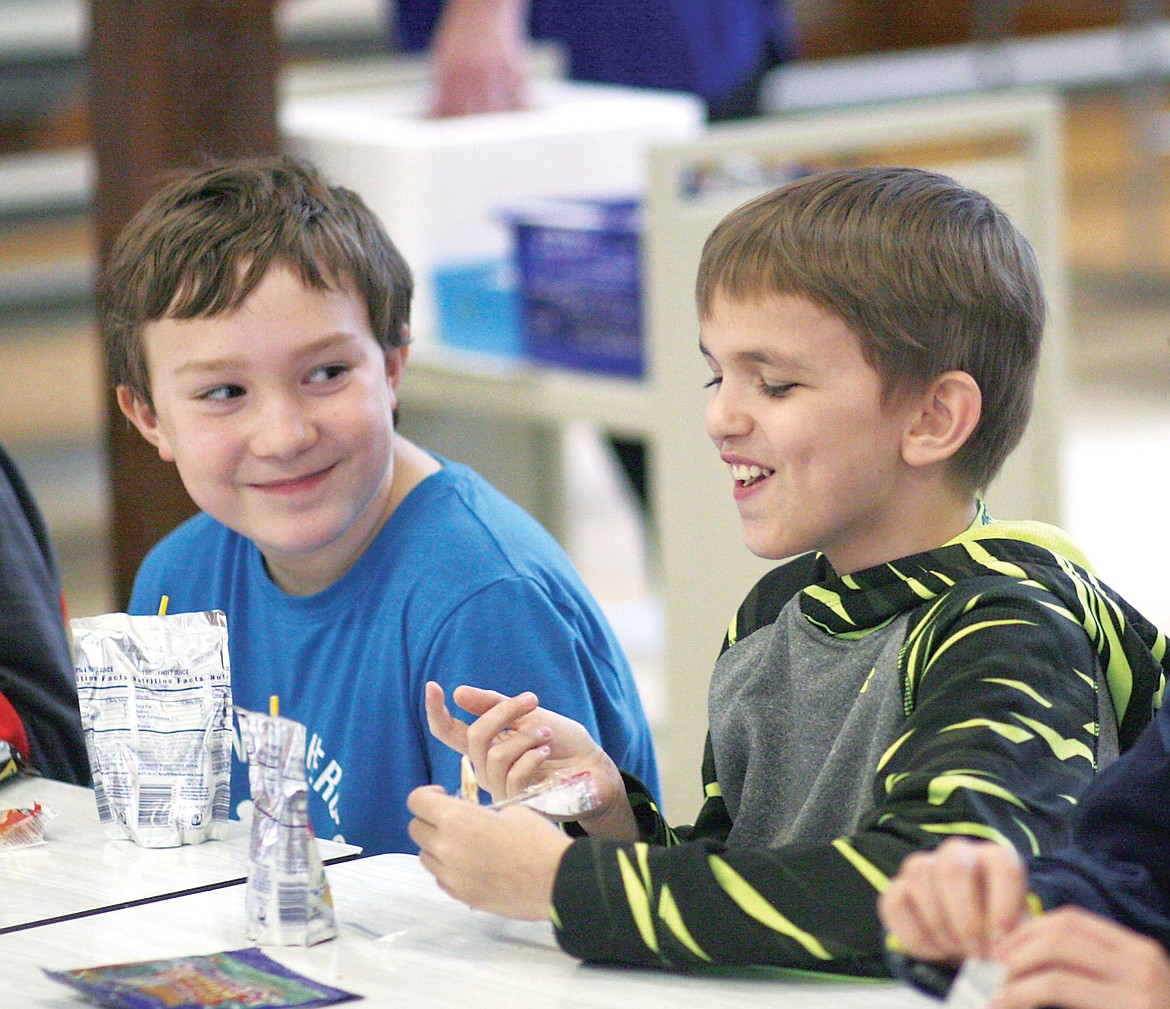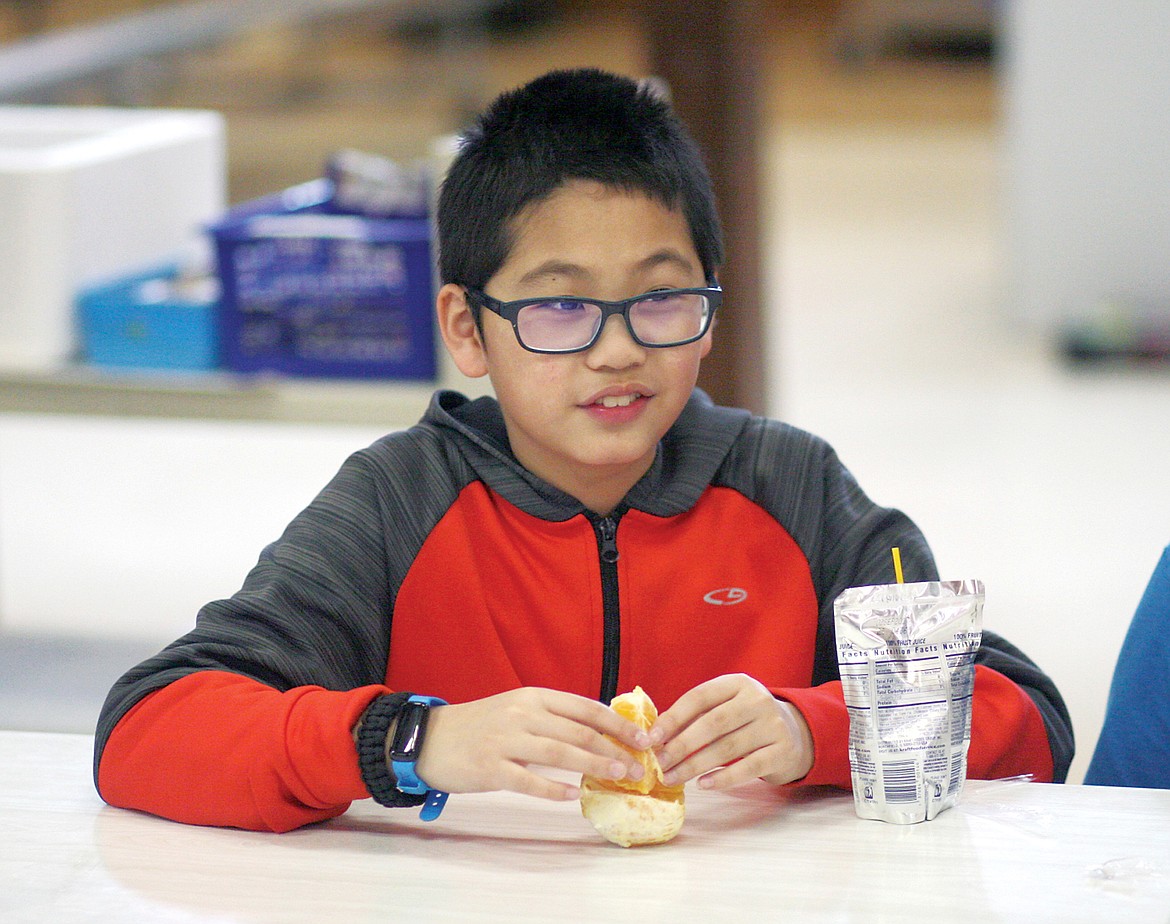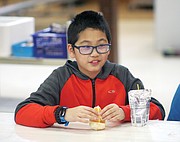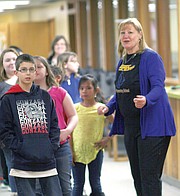Local after school programs brace for budget cuts
The Federal government’s new budget proposal would cut funding to after school programs financed through 21st century grants, which come under an umbrella grant program called Community Development Block grants, and also partially fund some Meals On Wheels programs.
Around 80 kids show up at after school programs (ASP) in Lincoln County every school day. When they arrive, they eat a snack, have adult help with homework, and can even participate in the kinds of extra curricular activities that cost big money in some places — activities like science club, martial arts, chess club, quilting, yoga and art.
After school programs provide occasional excursions or visiting performers or speakers. During Summer program, kids can have lunch at their program and spend a few hours at the park, or at swimming lessons.
What would these kids be doing otherwise? For some of the kids served in Lincoln County, there is not the luxury of a babysitter, or a relative available to watch out for them. So no ASP can mean hours between school and when an adult comes home.
The Libby branch of Meals On Wheels does not receive funding through the block grant, so is not at this stage in danger of losing funding.
In operation under 21st century grants for 14 years, the Libby ASP program has received some other funding over the years, such as the Science Action grant from the California Academy of Science currently in use by the program.
“We did an 11 week session on bugs, and now we’re moving on to birds,” says program director Mandy Bell. “We get this $500 dollar kit and we can re use it. But the science grant dosen’t pay for our regular program. This is extra.”
The elimination of ASP funding, along with many other cuts to allow for higher military spending was defended by budget director Mick Malvaney last week: “They’re supposed to be educational programs, right,” he said March 16. “That’s what they’re supposed to do, they’re supposed to help kids who can’t — who don’t get fed at home, get fed so that they do better at school. Guess what? There’s no demonstrable evidence they’re actually doing that. There’s no demonstrable evidence they’re actually helping results, helping kids do better at school.”
Bell says that in Libby there is evidence that ASP positively affects academic performance “teachers say it makes a difference when a student attends. I can be a liaison between teachers and students, I pick up homework and we make sure basics like math and spelling are being done everyday in our tutoring program.”
Tracy Shumate is a paraprofessional with a biology degree. She comes to help with science club every week. “These kids really need the help” she says “we’re not generally getting the kids who are doing really well.”
“Aside from academics,” Bell continues. “The program gives kids a place to land. It’s a safe place, and you know from some of the things kids say that they don’t have that at home.”
Like Libby, Troy’s ASP is mostly funded by 21st century grants.
“Oh, we absolutely could not run the program without the 21st century funding,” says program director Jennifer Higgins. “We have got a few small grants along the way, to cover extra costs like having family dinner nights, and we fundraise, but the bulk of funding comes from the government grant.”
Troy’s program has 104 registered students in Kindergarten-6th grade and 25 students registered for after school tutoring in 7th-12th grades. Every day, around 40 kids show up for ASP, with numbers sometimes reaching the high 50s.
Troy has recently received extra funding through the Child and Adult Care Food Program to provide a meal instead of a snack after school. Instead of crackers and milk, students now eat a hot meal such as soup or quesadillas along with a fruit and vegetable.
“I’ve asked parents if kids are still eating dinner after such a substantial snack,” Higgins said. “And they say they are. But for the kids who don’t get dinner, we know they are covered until breakfast the next day.”
Currently in her fourth year as director, Higgins said the best part of her job is seeing that “attending ASP has become an incentive for students. Kids want to come, so it’s on some behavior plans. Kids will tell me ‘I can come today’ and they are so excited.”
Both Libby and Troy programs have secure funding through 2018 due to the nature of the grant cycle, so even if the budget is passed through congress as is, change would not be effective immediately.
To have your say on budget decisions please contact your senators.
Elka Wood is a reporter at The Western News and can be reached by phone at 293-4124 or by email at ewood@thewesternnews.com.





